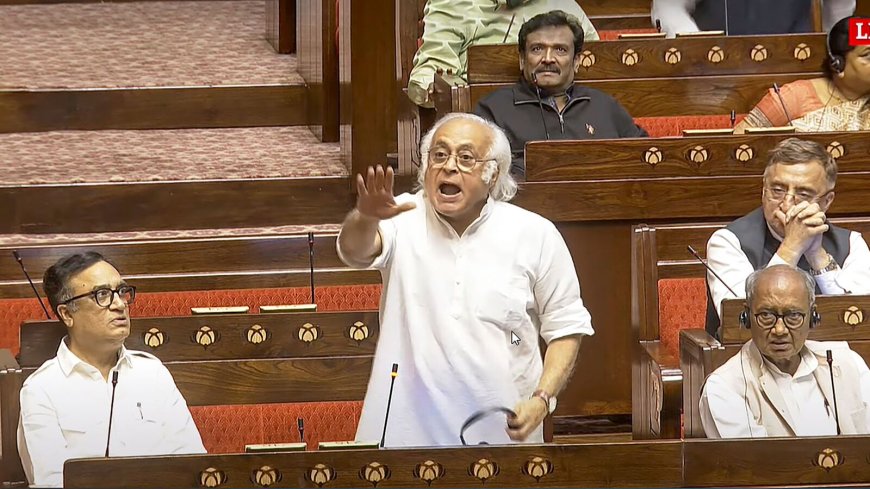Congress to challenge Waqf (Amendment) Bill in Supreme Court
Congress will challenge Waqf Bill in Supreme Court. The Parliament passed the contentious Bill, after it was approved by the Rajya Sabha early on Friday morning. The Lok Sabha had approved the Bill after over a 12-hour debate on Thursday.

Congress to Challenge Waqf (Amendment) Bill in Supreme Court
In a significant political move, the Congress party has announced its intention to challenge the recently passed Waqf (Amendment) Bill in the Supreme Court. This decision comes in response to concerns raised about the implications of the bill on minority rights and property management within the framework of Waqf institutions.
Understanding the Waqf (Amendment) Bill
The Waqf (Amendment) Bill aims to bring about changes in the governance and administration of Waqf properties across India. Proponents of the bill argue that it intends to streamline processes, enhance transparency, and ensure better management of Waqf properties. However, critics, including the Congress, have voiced apprehensions over potential misuse and lack of accountability that may arise from the amendments.
Congress's Stance on the Bill
The Congress party's leadership has expressed strong opposition to the measures outlined in the Waqf (Amendment) Bill. They argue that the amendments could undermine the rights of minorities and adversely affect the welfare of community members who rely on Waqf properties for religious and educational purposes. By bringing this issue to the Supreme Court, Congress seeks legal redress and aims to protect the interests of the marginalized communities impacted by this legislation.
Implications for Minority Rights
One of the core issues raised by opposition parties is the potential threat to minority rights under the proposed changes. Waqf properties are crucial for funding mosques, schools, and social welfare projects in various communities. The Congress party believes that any amendment that jeopardizes the management and distribution of these resources must be scrutinized judicially to ensure compliance with constitutional protections.
What This Means for Future Legislation
The challenge presented by the Congress could set a precedent for how similar legislations are approached in the future. It highlights the importance of judicial review in maintaining checks and balances on legislative processes that affect minority populations. As this legal battle unfolds, it is expected to capture the attention of civil rights activists and legal scholars alike, generating broader discussions about legislative accountability.
Conclusion
As the Congress prepares to take on the Waqf (Amendment) Bill in the Supreme Court, the implications of this move will resonate throughout India's political landscape. Advocates for minority rights and social justice await the outcome, which could have lasting effects on Waqf property management and community welfare. For more updates, visit dharmyuddh.com.
News by dharmyuddh.com Keywords: Congress challenge Waqf Amendment Bill, Supreme Court Waqf Bill, minority rights Waqf properties, Waqf Bill implications, Congress opposition Waqf Amendment, legal challenge Waqf Bill, Waqf management concerns, political response Waqf Amendment, Supreme Court minority rights.







